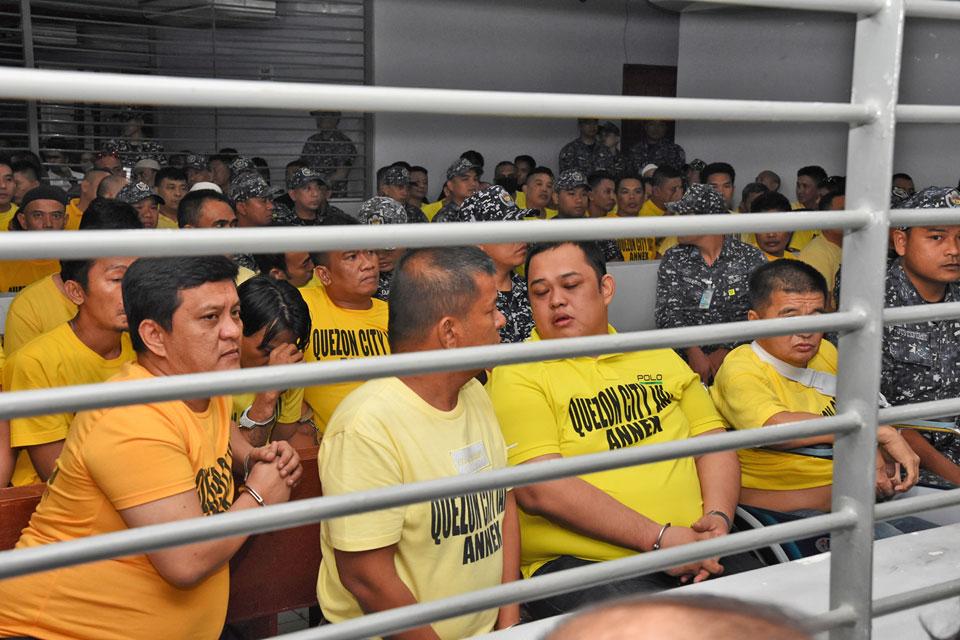Groups tell UNESCO: Maguindanao massacre case far from resolved

Groups calling for justice for the victims of the 2009 Maguindanao massacre have appealed to the United Nations Educational, Scientific and Cultural Organization (UNESCO) chief regarding her reported classification of the case as "resolved."
While recognizing the trial court decision that convicted members of the Ampatuan clan and several others last year as a "triumph of justice," the groups said this does not mean the case is resolved.
"Far from it," they said in a letter dated September 12 and which the Philippine Center for Investigative Journalism (PCIJ) said remains unacknowledged.
The signatories of the letter to UNESCO, which include media and civil society organizations as well as individual journalists, cited reports that a UNESCO official had told the Philippine delegate to UNESCO and ambassador to France in a letter that UNESCO now considers the case "resolved."
They explained that the convictions could be, and have been, appealed by the Ampatuans and that almost 80 suspects remain at large more than a decade after the massacre.
Convictions are appealable all the way up to the Philippine Supreme Court.
They added that Sajid Islam Ampatuan, who was allegedly present at the meeting where the massacre was planned, was acquitted and is now a town mayor in Maguindanao.
"This is the reason why the families of the 32 journalists who perished, as well as the witnesses who testified for the prosecution, continue to fear for their safety," the groups said.
They also said that they and the families of the victims "still cannot reconcile ourselves" with the fact that the trial court issued convictions for 57 counts of murder, "dashing the hopes of justice" of the family of the 58th victim, photojournalist Reynaldo Momay, whose body was never found.
The groups further claimed that the UNESCO classification has been used by the Duterte administration, through its Presidential Task Force on Media Security, "to paint a misleading picture of the state of press freedom in the country."
"UNESCO is known for looking at complex issues with a wide lens. In this instance, the wide lens fails to reflect the legal processes and ignores the pertinent issues which delay justice in the system," they said.
"We recommend reviewing this wide lens as it applies to the Ampatuan trial and the court decision in 2019 so as not to betray the hopes of the families of the victims who are still awaiting justice," they added.
The PCIJ, the Ateneo Human Rights Center, the Center for Media Freedom and Responsibility, and the National Union of Journalists of the Philippines are among the letter's several signatories.
The Maguindanao Massacre is considered as the Philippines' worst case of election-related violence and the single deadliest attack on journalists since detailed records were kept.
The wife, relatives, and supporters of Esmael "Toto" Mangudadatu, a gubernatorial candidate in the 2010 elections, were on their way to file his candidacy to challenge an Ampatuan for the post when they were abducted, shot using high-powered firearms, and buried in pits on top of a remote hill.
Thirty-two of the victims were members of the media who were supposed to cover the candidacy filing. Six were not part of the convoy. —KBK, GMA News



